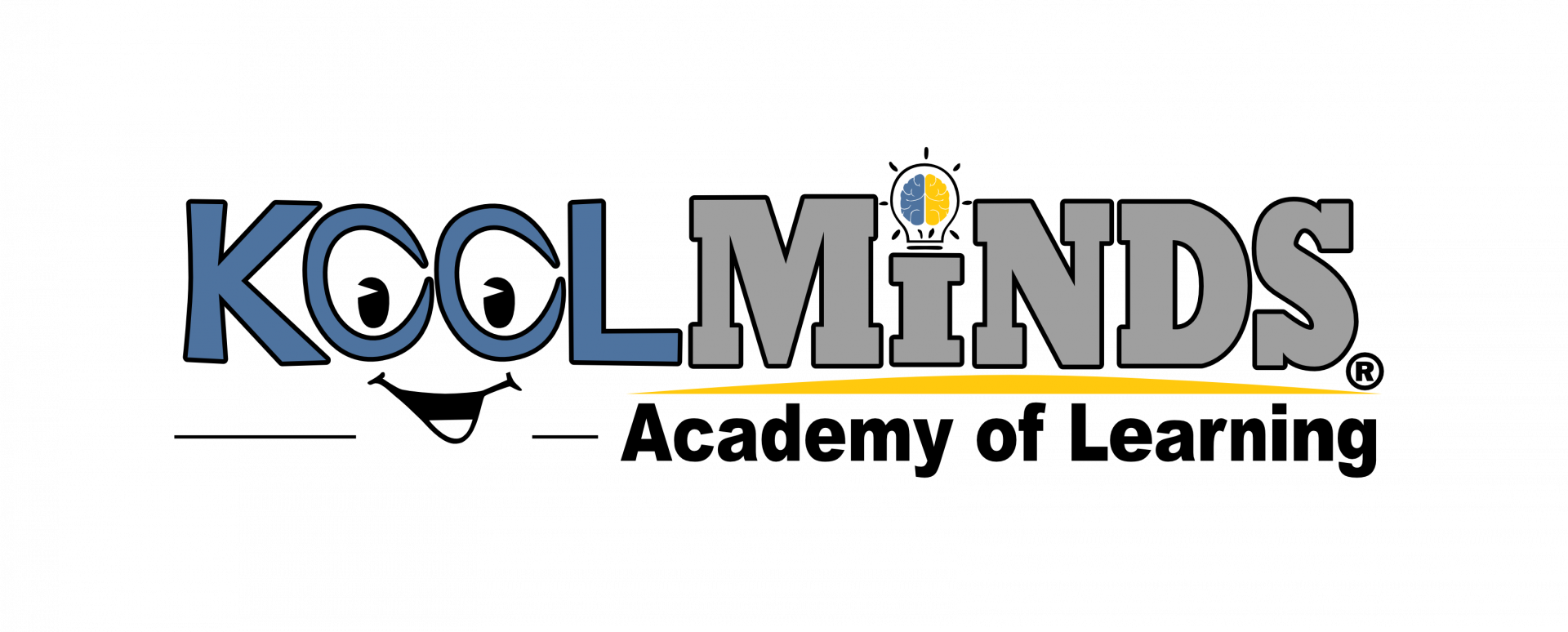What is Working Memory?
Working memory is like a “temporary sticky note in the brain” or “a mental scratchpad.” Your working memory is what holds new information in place so that your brain can work with it temporarily and connect it with other information. Dr. Matthew Cruger, senior director at the Child Mind Institute said “Working memory is sort of a category above attention. It’s keeping in mind anything you need to keep in mind while you’re doing something.”ii
Did you know that approximately 10% of us have weak working memory? That percentage is even higher and ranges from 20 to 50 percent for those that have specific learning disorders including ADHD and dyslexia.iii
Why is Working Memory Important?
-
Working memory is crucial for learning.
-
It helps you pay attention.
-
It helps you stay focused and engaged in doing a task.
-
It allows us to follow through with complex cognitive tasks.
-
It assists in helping you become a fluent reader.
-
It is important for reasoning and planning.
-
It plays an important role in concentrating and following instructions.
-
It boosts your problem-solving ability.
-
It is linked to reading comprehension.
-
It is considered essential for reading, problem-solving and other mental processes.
Examples of Working Memory
-
Remembering where you last saw an object.
-
Holding a number in mind while doing a math problem in your head.
-
Remembering a phone number.
-
Carrying out the steps to a recipe when not looking at the recipe.
-
Remembering a question long enough to think about it and formulate an answer.
-
Listening to a sequence of events in a story while trying to understand what the story means.
-
Keeping multiple concepts in mind in order to combine them.
-
Recalling the earlier part of a sentence to understand a later part.
-
Engaging in mental arithmetic.
-
Recalling directions.
-
Listening to, remembering, and following directions that contain multiple steps.
-
Remembering a persuasive argument while another person finishes talking.
How Much Information Can be Held in Working Memory?
Working memory is something that develops over time. It develops throughout childhood and into adulthood, but then it typically will decrease as you age.
The number of items that everyone can store in their working memory is different. Some people can store more information than others. "Researchers disagree about the number of information "bytes" that can be held by the brain. Some say it's as many as seven items and others claim it's four." iv The duration is usually limited to a number of seconds.
Tips and Tricks to Help Boost Working Memory
The good news is that there are many things that you can do to boost yours and your child’s working memory. The Summer is a great time to work on remediation and to beef up the time that your children spend on doing things that will improve their working memory because they aren't overwhelmed with school. Here are some tips and tricks that will help you improve your working memory:
-
Make Things Multi-Sensory. You can improve your working memory by using multiple senses to process information. For example it, say it and show it.
-
Repetition. Repeat what was said. This will help strengthen your memory and it also helps to figure out if the directions were understood in the first place.
-
Visualize. It really helps your working memory if you create a picture in your mind of what you have just read or heard. You can even draw a picture of what you visualize or describe the image and this will help you remember.
-
Write Things Down, Make Lists, and Break Chunks of Information Into Smaller Pieces. These are all great strategies that will help you remember things if you have a poor working memory. Writing things down and making lists will help you because then it is on paper and you don't have to keep trying to remember them. Breaking chunks of information into smaller pieces help because it is a lot easier to focus on 1-2 items at a time.
-
Play Memory Games and Cards. You can improve your working memory by playing games and cards! Some fun games to play include Memory, Concentration, Uno, Go Fish, Crazy Eights and War. This improves your working memory because you have to keep the rules of the game in mind and you also have to remember what cards you have and which ones other people have played.
-
Practice Working Memory Skills. There are different programs that will help improve your working memory such as CogMed, KoolMinds BrainWorks Program, and Play Attention. You can also come up with your own ideas. One idea is to write down a handful of random words. You would start by trying to remember the first few words without looking at your paper and then add more words as you are successful.
Write your awesome label here.
Write your awesome label here.
Write your awesome label here.
If you or your child struggle with working memory, contact KoolMinds today to find out how we can help!
[i] “Working memory.” Merriam-Webster.com Dictionary, Merriam-Webster, https://www.merriam-webster.com/dictionary/working%20memory. Accessed 13 May. 2021.[ii]Rae Jacobson. Child Mind Institute. “What is Working Memory?” https://childmind.org/article/what-is-working-memory/ Accessed 10 May 2021.
[iii] The
International Dyslexia Association (IDA). Working Memory: The Engine for
Learning. Accessed 13 May. 2021 (dyslexiaida.org)
[iv] Eileen Bailey. Improve Working Memory: Brain Training Tricks. https://www.additudemag.com/improve-working-memory/ Accessed 14 May. 2021
https://www.koolminds.com/blog/working-memory
Who We Are
Featured Links
#1 This is a title
#2 This is a title
#3 This is a title
Thank you
for your interest!

